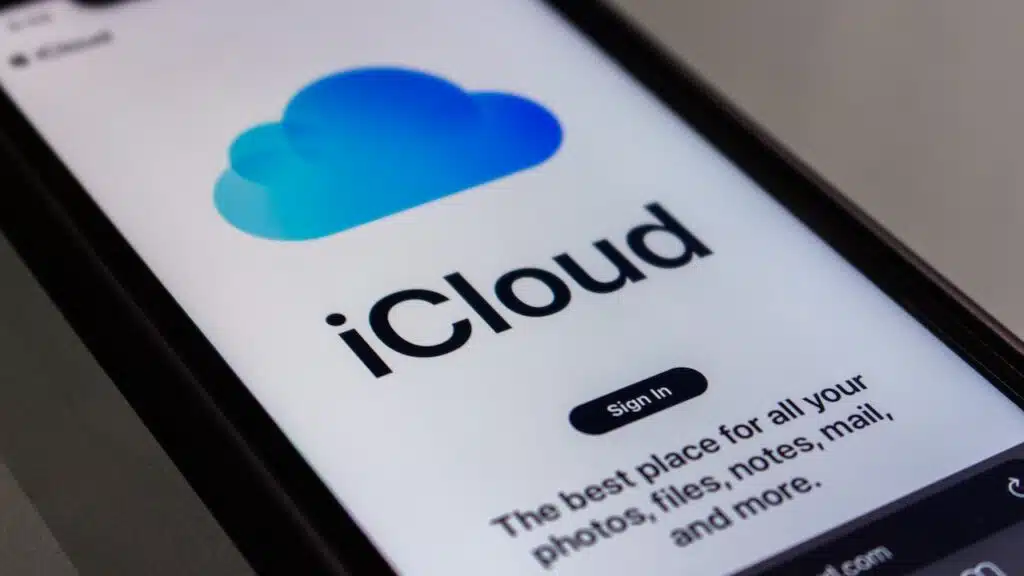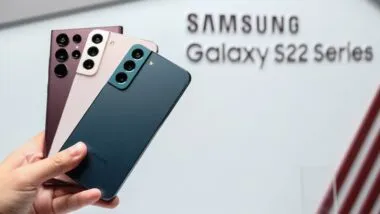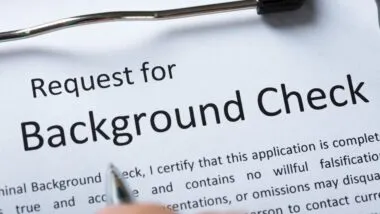
Apple iCloud class action lawsuit overview:
- Who: A California federal judge has denied Apple’s motion to dismiss a class action lawsuit accusing the tech giant of using restrictions to prevent third-party cloud storage providers from accessing certain files on iPhones and iPads.
- Why: U.S. District Judge Eumi K. Lee determined the complaint plausibly alleged Apple’s monopoly power through indirect evidence, such as high market share, barriers to entry and barriers to expansion.
- Where: The case is filed in the U.S. District Court for the Northern District of California.
A California federal judge has denied Apple’s motion to dismiss a proposed class action lawsuit accusing the tech giant of monopolizing cloud storage on its devices by restricting third-party access to key file types on iPhones and iPads.
U.S. District Judge Eumi K. Lee found that the plaintiffs added “substantial new allegations” that address prior pleading deficiencies and now plausibly allege Apple’s monopoly power and exclusionary conduct under the Sherman Act and California’s Unfair Competition Law.
The court previously dismissed a first amended complaint for a failure to state a claim. The second amended complaint strengthened claims that Apple prevents competitors from offering “full-service” cloud storage by blocking access to restricted files—such as app data and iTunes downloads—which iCloud can store but rivals cannot. These restrictions, plaintiffs allege, artificially limit competition and coerce consumers into using iCloud.
Judge Lee concluded that Apple’s alleged 96.1% share of cloud storage revenue on its devices is “no doubt…sufficiently high,” and that such dominance, combined with durable market share and flat rival growth, supports the claim that Apple maintains its position through barriers to entry and expansion.
“If competitors failed to expand their output despite these alleged market conditions,” the judge wrote, “it suggests that competitors face barriers to expansion.”
The judge also accepted plaintiffs’ claim that Apple’s file restrictions amount to a coercive “technological tie” between iPhones and iCloud—behavior that, while styled as product design, may still constitute anticompetitive conduct under Section 2 of the Sherman Act.
Notably, the court declined to dismiss the case on statute of limitations grounds, citing uncertainty over when the alleged antitrust violation accrued due to Apple’s “ongoing enforcement” of its file restriction policy.
Apple must now answer the complaint by July 7, 2025.
What do you think of the iCloud monopoly allegations? Let us know in the comments.
The Apple iCloud storage class action lawsuit is Gamboa v. Apple Inc., Case No. 5:24-cv-01270, in the U.S. District Court for the Northern District of California.
Don’t Miss Out!
Check out our list of Class Action Lawsuits and Class Action Settlements you may qualify to join!
Read About More Class Action Lawsuits & Class Action Settlements:
- Meta class action claims company illegally collected Android users’ browsing data
- Helium Comedy Club hit with class action over hidden ‘junk fees’
- Landmark Properties data breach a ‘direct result’ of cybersecurity failure, class action claims
- Judge certifies Workday class action over alleged age-based job rejects















83 thoughts onApple must face iCloud monopoly class action in light of ‘substantial new allegations,’ judge rules
Add me
Add me
Add me
Add me
Locked out from email and upgraded forcefully without options. Unable to backup data
Add me
Add me
Add me